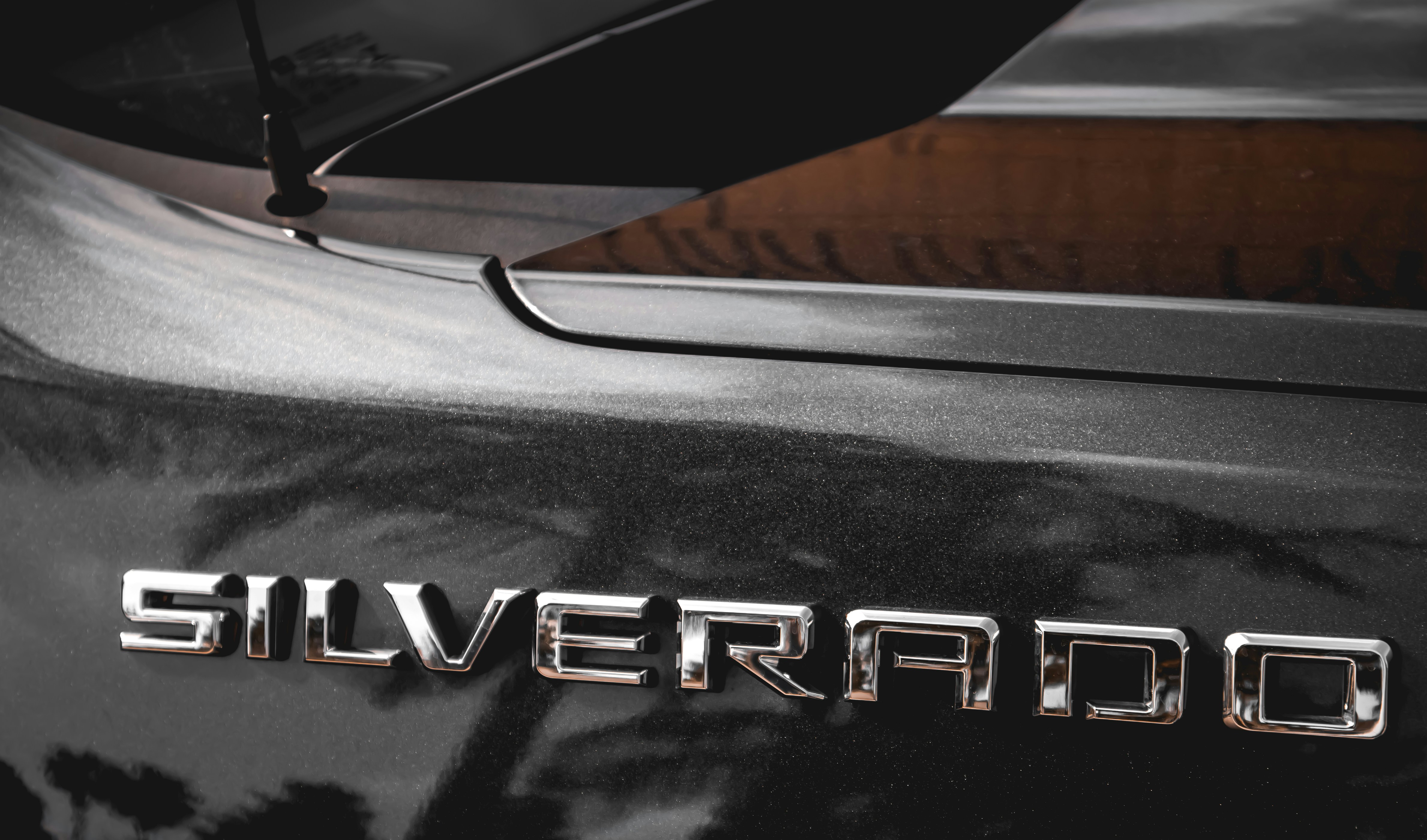Understanding High Mileage SUV Pricing Trends and Insights
The market for high mileage SUVs presents unique opportunities for cost-conscious buyers seeking reliability without the premium price of newer models. As vehicles with substantial mileage become increasingly common in the used car marketplace, understanding the factors that influence their pricing has become essential for informed purchasing decisions. High mileage SUVs—typically those with 100,000 miles or more—follow different valuation patterns than their lower-mileage counterparts, with numerous variables affecting their market value and long-term investment potential.

How Mileage Affects SUV Resale Value
Mileage remains one of the primary determinants of used SUV pricing, though its impact varies significantly by make and model. Generally, SUVs experience their steepest depreciation during the first 100,000 miles, with the rate of value loss typically slowing thereafter. Modern SUVs engineered with improved durability can often reach 200,000 miles or more with proper maintenance, changing traditional perspectives on “high mileage” thresholds. Certain brands known for longevity, such as Toyota and Honda SUVs, tend to retain value better at higher mileage points compared to brands with less favorable reliability reputations. This difference can translate to thousands of dollars in price variation between similarly equipped high mileage SUV models from different manufacturers.
Key Factors Influencing High Mileage SUV Prices
Beyond the odometer reading, numerous other factors significantly impact high mileage SUV pricing. Maintenance history ranks among the most critical considerations, with comprehensive service records potentially adding 10-15% to a vehicle’s value compared to identical models with unknown maintenance backgrounds. Vehicle condition, including both mechanical soundness and cosmetic appearance, can swing prices by several thousand dollars. The SUV’s age remains relevant even among high-mileage options, as newer models with high mileage (suggesting highway driving) may command higher prices than older models with similar mileage. Additional features like four-wheel drive, premium trim packages, and advanced safety systems continue to add value even in high-mileage scenarios, especially for sought-after models in competitive markets.
Market Trends in High Mileage SUV Pricing Insights
Recent market analysis reveals evolving trends in high mileage SUV pricing. The traditional steep drop in value once vehicles cross the 100,000-mile threshold has moderated in recent years, particularly for popular SUV models with strong reliability reputations. Economic factors and supply chain issues have contributed to increased values for used vehicles across all mileage ranges, including high-mileage options. Regional variations remain significant, with high mileage SUVs commanding premium prices in regions with harsh winters or rural terrain where four-wheel drive utility is more valuable. The seasonal nature of SUV demand continues to influence pricing, with high mileage models typically selling for 5-10% more during winter months in northern regions compared to summer pricing.
Comparing High Mileage SUV Models and Their Value Retention
Not all SUVs age equally when it comes to price retention at higher mileage points. Midsize SUVs from Toyota, Honda, and Subaru typically demonstrate superior value retention even beyond 150,000 miles compared to many domestic and European competitors. Full-size SUVs show different patterns, with some American models like the Chevrolet Suburban and GMC Yukon maintaining relatively strong values at high mileages due to their durability and consistent demand. Luxury high mileage SUVs present a more complex picture, with substantially steeper initial depreciation but potential value stabilization after reaching certain mileage thresholds. Hybrid SUVs introduce additional considerations, as battery condition becomes a critical factor in their valuation beyond traditional mileage concerns.
High Mileage SUV Price Guide by Category and Brand
Understanding typical price ranges for high mileage SUVs can provide valuable context for both buyers and sellers. The following table outlines approximate price ranges for popular SUV models with 100,000-150,000 miles in good condition with clean vehicle histories:
| SUV Category | Representative Models | Typical Price Range |
|---|---|---|
| Compact SUVs | Honda CR-V, Toyota RAV4, Subaru Forester | $8,000-$14,000 |
| Midsize SUVs | Toyota Highlander, Honda Pilot, Ford Explorer | $10,000-$17,000 |
| Full-Size SUVs | Chevrolet Tahoe, Ford Expedition, Toyota Sequoia | $15,000-$25,000 |
| Luxury Compact SUVs | Acura RDX, Lexus NX, BMW X3 | $12,000-$20,000 |
| Luxury Midsize/Full-Size | Lexus RX, Acura MDX, BMW X5 | $14,000-$28,000 |
Prices, rates, or cost estimates mentioned in this article are based on the latest available information but may change over time. Independent research is advised before making financial decisions.
Strategies for Evaluating High Mileage SUV Purchase Value
Determining whether a high mileage SUV represents a good value requires careful assessment beyond just comparing asking prices. Professional pre-purchase inspections become particularly important for vehicles with significant mileage, often revealing potential costly repairs that may not be immediately apparent. Vehicle history reports take on heightened significance, revealing accident history, service records, and ownership patterns that may impact long-term reliability. Calculating total cost of ownership—including likely near-term maintenance requirements, fuel efficiency differences, and insurance variations—provides a more complete picture than purchase price alone. Research into model-specific issues at certain mileage points can identify common failure points for particular SUVs, allowing buyers to make more informed decisions about long-term value.
High mileage SUVs represent a significant segment of the used vehicle market, offering potential value for informed buyers who understand the factors affecting their pricing. While mileage remains an important consideration, brand reputation, maintenance history, overall condition, and market demand play equally important roles in determining a high mileage SUV’s actual value. By considering these multiple factors rather than focusing exclusively on odometer readings, buyers can identify opportunities where higher mileage vehicles offer substantial value compared to lower mileage alternatives that command significant price premiums.




